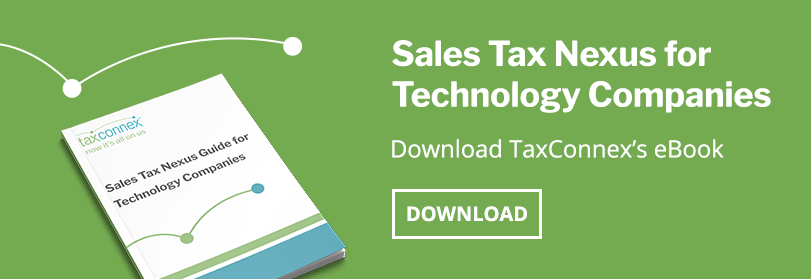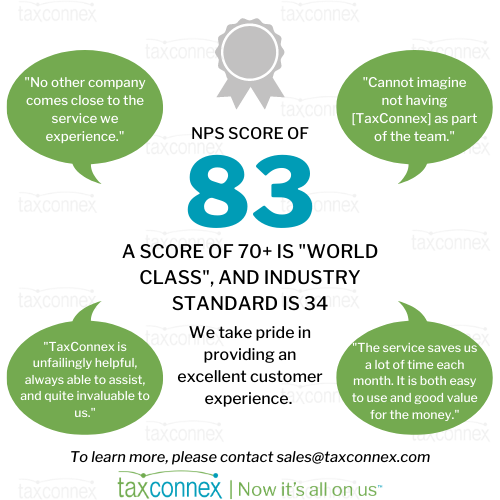Sales tax obligations regarding software and other technology-related solutions can often come down to location and definition. And the definition is potentially different depending on the location.
Four states recently took a closer look at how sales tax applies to technology-related solutions, one of the more confusing industries for complying with sales and use tax requirements.
-1.jpg?width=321&name=pexels-christina-morillo-1181472%20(1)-1.jpg)
Indiana has addressed whether a taxpayer deserved a refund on purchases of software and payments for access to it.
The taxpayer, a business providing security and workforce productivity services, bought software for various purposes, including a product downloaded and hosted on third-party servers outside Indiana. This software was used by the taxpayer’s employees both in and outside of the state. The taxpayer argued that they deserved a refund on a portion of the Indiana sales tax on the software purchase because not all of the users were in the state.
Indiana agreed, concluding that the software purchase was not subject to Indiana sales tax because the taxpayer downloaded the software to the third-party servers outside of Indiana and received the property at the server’s location.
Similarly, in another case the state addressed the taxability of software as a service (SaaS) for periods prior to July 1, 2018, when an exemption for remotely accessed software took effect. Statute said that from November 2011 to December 2016, remotely accessed software was subject to sales tax regardless of whether the software constituted a service or whether the software user had an ownership interest in the software.
From December 2016 on, though, statute provided that remotely accessed software may be subject to sales tax if the circumstances point to a degree of “constructive” ownership of the software. What did this mean? A number of factors went into determining whether a purchaser obtained a possessory or ownership interest in pre-written software.
Indiana reviewed different types of remotely accessed software purchased during this period and concluded that in all cases ownership and control was not transferred to the taxpayer and that the taxpayer deserved a refund of the sales tax on purchases after 2016.
Texas has clarified that the sale or lease of software installed on computer hardware is part of the sale or lease of the computer hardware. The sale or lease of digital property on fixed physical media (such as compact discs) is the sale or lease of tangible personal property. The sale of digital property transferred by means other than fixed physical media is the sale of intangible property, which is sourced to the location of the payor.
In Ohio, a bank’s purchases of banking software and services did not qualify for an exemption from Ohio sales and use taxes because, as state statute degreed, software and services were not exempt services.
The taxpayer in question operated banks and used banking software for its online banking system. The taxpayer paid tax on the purchase of software and service and subsequently claimed a refund on the grounds of a personal and professional services exemption.
Denying the refund, Ohio countered that the banking software and service were not exempt as custom software because the banking software purchased by the taxpayer already existed and was not specifically designed or developed for the sole and specific use of the taxpayer. The banking software and services also did not qualify as exempt professional accounting services because the taxpayer/vendor of the services did not provide advice in these areas.
Iowa’s legislature has defined the term “computer peripheral” and added that term to the existing sales tax exemption for computers used in processing or storage of data or information by an insurance company, financial institution or commercial enterprise.
(See here for more complexities of sales tax in the general technology industry or listen to our webinar.)
If you think your business may be impacted by sales tax developments, contact TaxConnex. TaxConnex provides services to become your outsourced sales tax department. Get in touch to learn more.







.png?width=1200&height=628&name=2023%20logo%20with%20SOC%20and%20clearly%20rated%20(2).png)